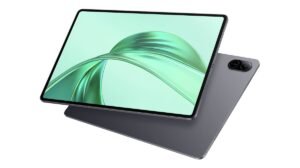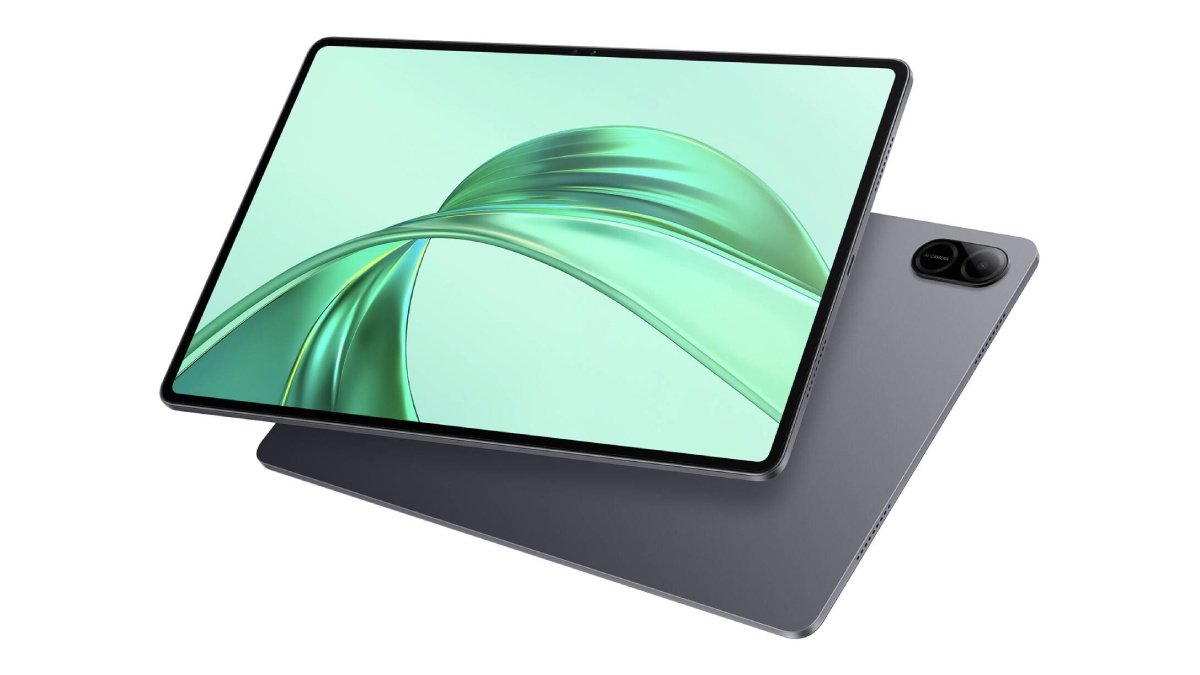The simmering tension between the United States and China over semiconductor technology has garnered significant attention, especially given its implications on global tech leadership. The core of this conflict lies not just in trade policies but in the deep-seated ideological differences that influence these decisions. Peter Wennink, the former CEO of ASML, Europe’s largest semiconductor equipment maker, has been vocal about these challenges. His insights shed light on the complexities of navigating a business landscape that is increasingly dictated by geopolitical tensions rather than market-driven factors.
Balancing Act in Geopolitical Tug-of-War
ASML finds itself at a crucial juncture, balancing its operations between two of the world’s largest economies. The U.S. has progressively tightened restrictions on exporting critical semiconductor manufacturing equipment to China, citing national security concerns. This has put companies like ASML, which specialize in high-end semiconductor production tools, in a difficult position as they need to manage stakeholder interests across diverse geopolitical landscapes.
Wennink has emphasized the non-factual basis of the ongoing disputes, pointing out that the discussions are driven more by ideological differences than technical or commercial considerations. This scenario creates a unique set of challenges for companies operating in the semiconductor space, requiring them to navigate a maze of regulatory and diplomatic hurdles while trying to maintain their market position and stakeholder relationships.
The Long Road Ahead
Looking forward, Wennink predicts that the U.S.-China chip war is likely to persist for decades, given the substantial geopolitical stakes involved. This enduring conflict suggests a future where tech companies might continuously need to adjust strategies and operations to cope with the ever-changing regulatory and political landscape.
His tenure at ASML highlighted the delicate balance required to manage business operations that are intricately linked with global technology supply chains amidst rising nationalistic and protectionist sentiments. His approach has been to lobby against overly stringent export restrictions while also addressing concerns over intellectual property rights with Chinese officials.
The narrative around the US-China chip war underscores a broader trend where technology and geopolitics intersect, creating a complex web of challenges for companies like ASML. The insights from Wennink not only highlight the current state of affairs but also help in understanding the potential long-term dynamics of the global semiconductor industry.



















Add Comment